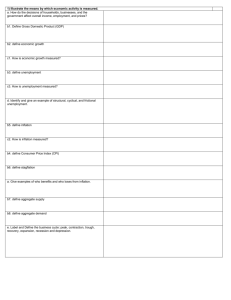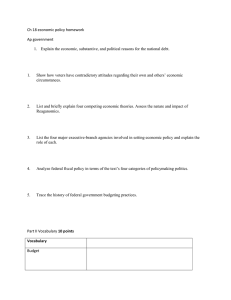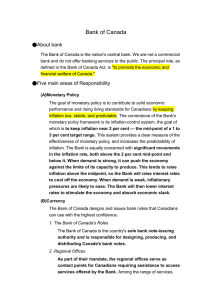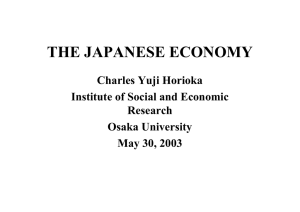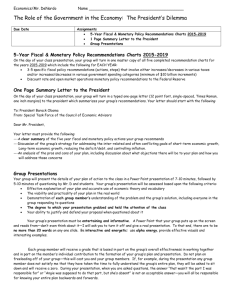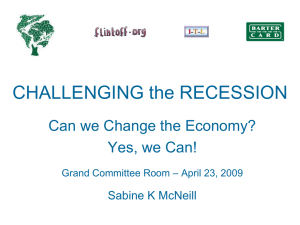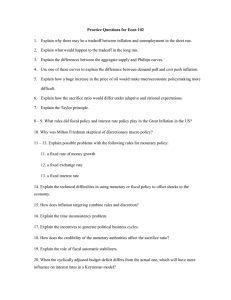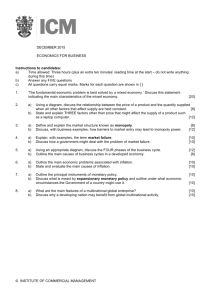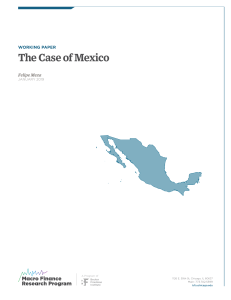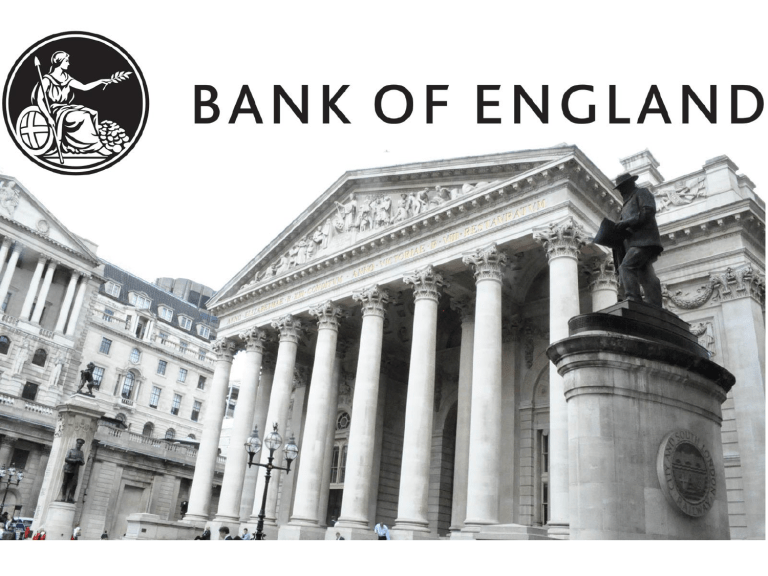
Activities: Provides credit cards for customers Provides personal loans for customers Currency exchange for people travelling Mortgage lending for people to buy homes Provides savings and current accounts for individuals Arranges overdraft facilities for customer accounts Activities: Advise businesses wanting to borrow money in bond markets (debt) Activities: Provides a depositors’ protection scheme Issues notes and coins Advise businesses wanting to issue shares (equity) Advise businesses on strategy and growth (Mergers and acquisitions) Advise businesses on strategy and growth (Mergers and acquisitions) Buy and sell financial assets to make a profit Acts as a banker to the banking system i.e. Commercial banks Acts as a banker to the government Regulates the domestic banking system Holds the nation’s gold and money supply Influences the value of a nation’s currency Sets the official short-term rate of interest (base or bank rate) Manages the national debt Controls the money supply Monetary and Fiscal Policy Monetary Policy Fiscal Policy Adjusting interest rates (to control inflation) and the money supply to manage fluctuations in economic activity. Monetary policy is often the responsibility of a country’s Central Bank. Governments attempt to manage fluctuations in economic activity through taxation and expenditure. These measures are known as stabilisation policies categorised as fiscal policy. Central Banks – The Bank of England (BoE) Background • UK Central Bank – Threadneedle Street, London • Founded in 1694 • Since 1694 – banker to the government • Since the late 18th Century – banker to the banking system • Manages the UK foreign exchange and gold reserves • It does NOT : • manage the National Debt (This is the Debt Management Office in the UK) • provide a depositors protection scheme (This is the Financial Service Compensation Scheme in the UK) The Bank of England Strategic Priorities • • • • • • • The MPC’s main focus is to meet the inflation target set by the Chancellor each year. The MPC holds monthly meetings Gauges all factors that influences inflation: Exchange rates Rate of economic growth Consumer borrowing and spending Wage inflation the MPC makes a decision about whether to raise or lower the ‘base rate’ of interest based on the factors above. Established in June 2011 as a response to the 2007/8 financial crisis. Monitors the stability and resilience of the UK financial system and its powers to tackle risks. It gives direction and recommendations to the Prudential Regulation Authority (PRA) and the Financial Conduct Authority (FCA). UK Russian Federation 6.25% 3% The structure of the Bank of England Bank of England controlled by the Board of Directors . It consists of : The Governor ( term of office - 5 years ) - is in charge of all of the Bank and appointed by the Government; (Mark Carney) Two deputy governor ( term of office - 5 years ) ; 16 Board member ( term of office - 4 years, renewable ) . At the same time 12 members are the heads of the largest companies in the country , as part of the 4 members of the staff of the Bank. What does the Bank of England do? The Bank of England is the UK’s central bank. Their mission is to promote the good of the people by maintaining monetary and financial stability. The “Old Lady” Political Ravishment or The Old Lady of Threadneedle Street in danger. By James Gillray. Published 22 May 1797.
